Many Mamaks and Kopitiams May Close This Year due to Foreign Labour Shortage
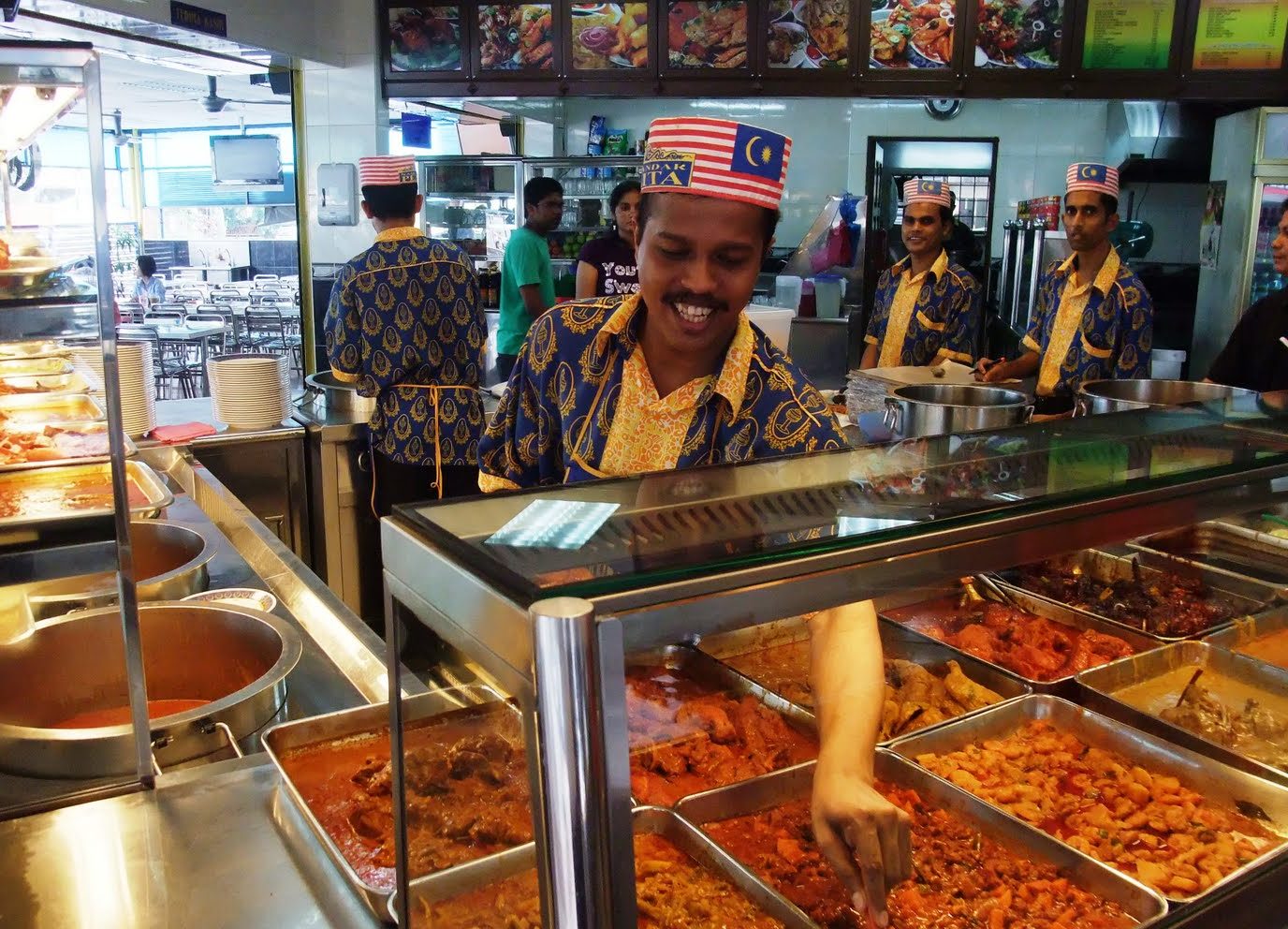 Thirsty for JUICE content? Quench your cravings on our Instagram, TikTok and WhatsApp
Thirsty for JUICE content? Quench your cravings on our Instagram, TikTok and WhatsApp

For those of us who grew up in this place before KL became the gentrified piece of concrete slab it is today, with cafes and fine-dinning establishments in every corner of the once simple-living city, you’d notice the lack of mamaks and kopitiams nowadays – heck, your favourite one that you spent days at, instead of going school, might even be gone by now.
According to The Straits Times, a joint committee representing the owners of 20,000 local restaurants across Malaysia said that “some 2,000 Chinese coffee shops and 400 Indian-Muslim and banana leaf restaurants have ceased operations in 2017”.
The situation got worse after the Chinese New Year break, as thousands of foreign workers who went back to their homelands for the holidays did not return.
The Malaysia-Singapore Coffee Shop Proprietors General Association (MSCP), Malaysian Indian Restaurant Owners Association (Primas) and Malaysian Indian-Muslim Restaurant Owners Association (Presma) have send a joint memorandum to the Government requesting a solution to the problem.
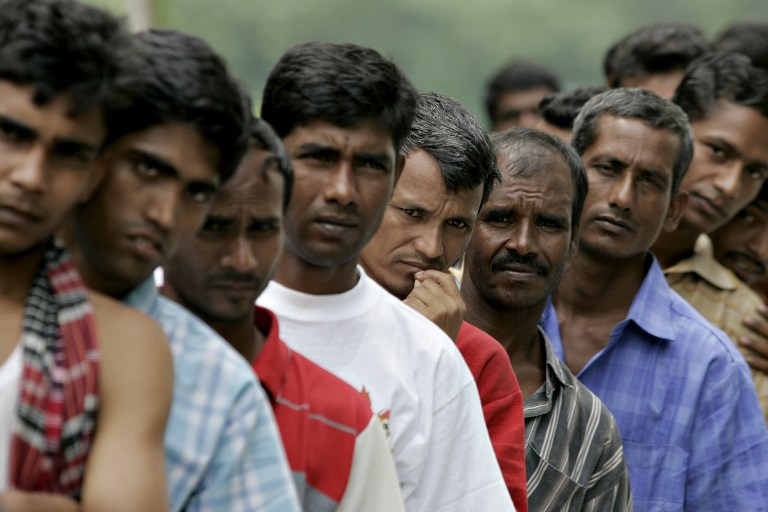
But Immigration Department director-general Datuk Seri Mustafar Ali said the policy of not allowing foreign workers to be employed as frontliners remains for now.
He also said that despite being clear on this policy, checks conducted by the department shows otherwise with many outlets hiring foreign workers as cashiers, salespersons, waiters and waitresses.
According to Malaysian law, restaurants are allowed to hire foreign workers as cooks, but not servers or cashiers.
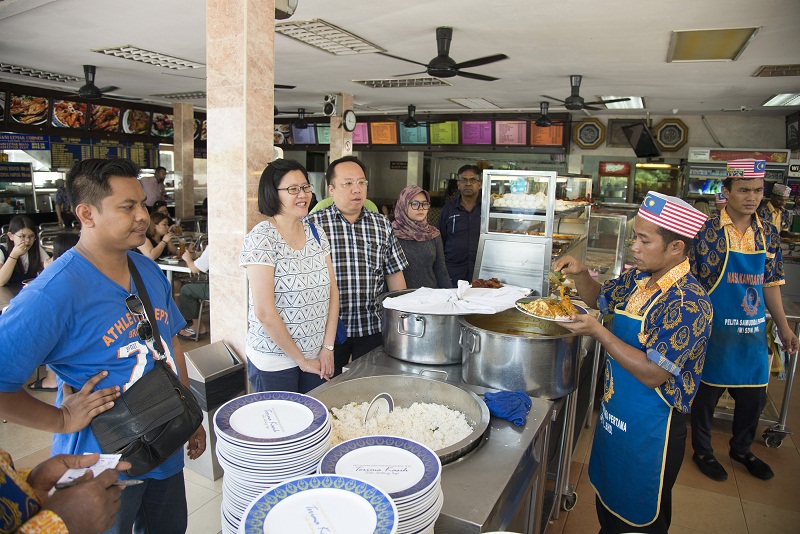
According to the committee, many restaurateurs revealed that their restaurants will be forced to close down this year unless the government interferes to help find a solution for the predicament.
“The problem of getting approval for foreign workers has been unresolved for three years,” said Primas secretary-general T. Thanabalan noting that many banana leaf rice restaurants are expected to close down this year. He continued: “The system of getting replacements has been made very stringent and there is no way small players can meet all the conditions required by the government.”
“It’s not just cooks we’re running short of, we don’t have enough waiters,” added T. Muthusamy, President of Malaysian Indian Restaurant Owners Association (Primas).
It is also of popular opinion that very few Malaysians are willing to work long hours that is required for the job. “There are times when the restaurant is doing well and requires workers to stay and extra two hours. The locals refuse but foreign workers are willing,” said MSCP president Ho Su Mong.
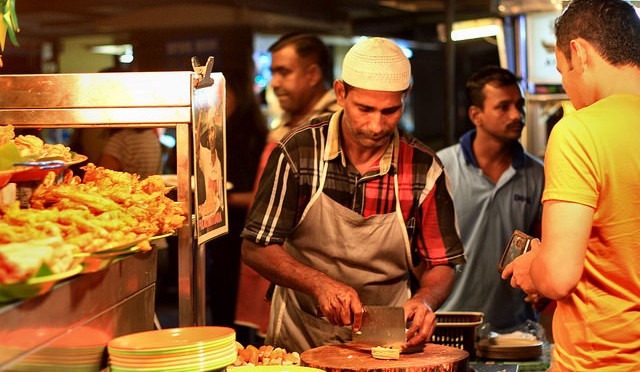
In addition to that, hiring local workers with higher wages would also mean that Malaysians have to stomach paying more for their food.
“Mamak sell cheap food. If we get locals as frontliners, it’ll greatly increase the food cost,” said Mr. Muthusamy.
The only way to move forward is to invest in automated or self-services systems like those in Japan, but restaurateurs say that they need time to adapt to these changes. Mr. Ho said that it is an “option”,“but it would take at least half a decade to reduce our dependency on foreign workers.”
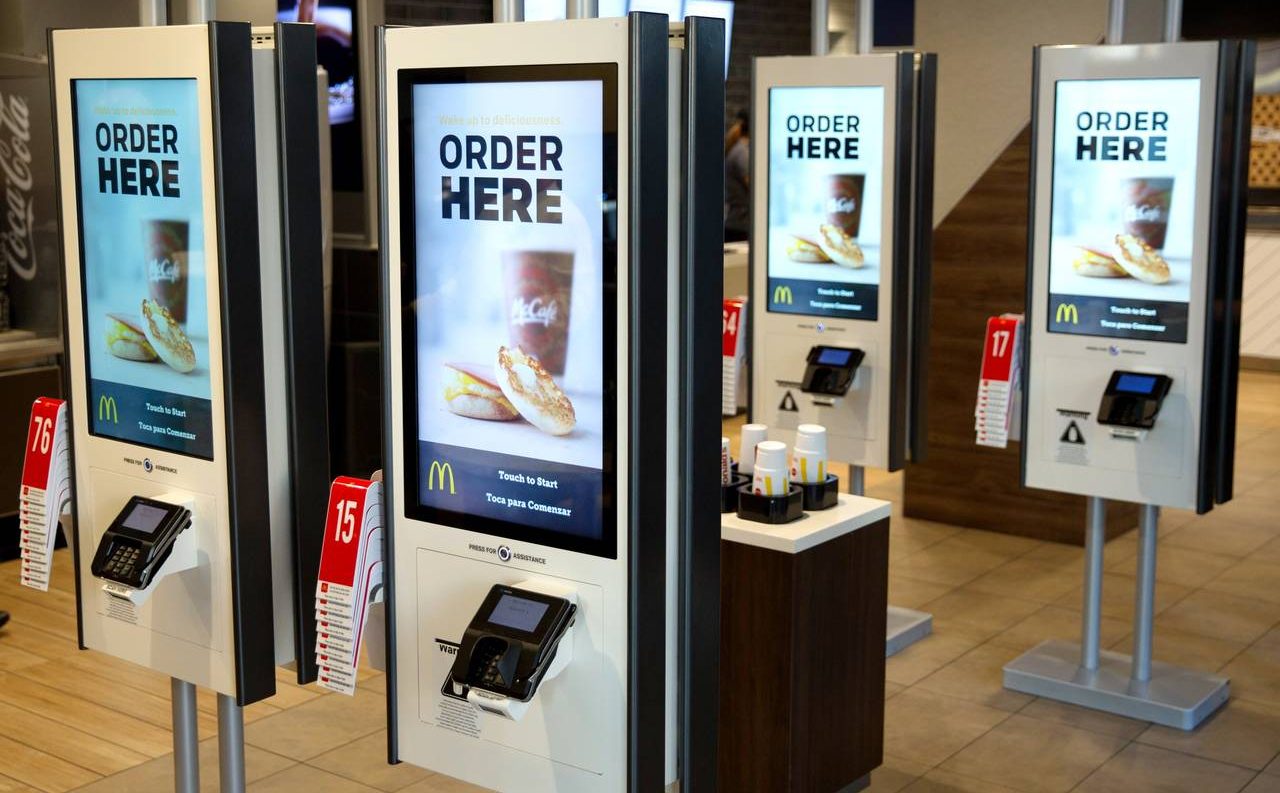
As for now, some employers have resorted to hiring illegal foreign workers to fill the gap.
“It’s not that we don’t want to be law-abiding citizens but we’ve got no choice. We have to find ways to keep the business running,” said one restaurant owner.
For more news, click here.


 Get Audio+
Get Audio+ Hot FM
Hot FM Kool 101
Kool 101 Eight FM
Eight FM Fly FM
Fly FM Molek FM
Molek FM
